| IN A NUTSHELL |
|
As China continues to expand its lunar program, the world watches closely. China’s ambitions extend far beyond mere scientific inquiry, aiming to establish itself as a major space power. Notably, it was the first nation to land on the dark side of the moon and collect samples. With plans like the Chang’e-8 mission and the International Lunar Research Station (ILRS) in collaboration with Russia, China is not only eyeing strategic resources like helium-3 and rare earth elements but also aiming to enhance its geopolitical influence. This focus on the moon could reshape global energy and technological landscapes, positioning China as a formidable competitor to US space leadership.
China’s Strategic Lunar Ambitions
China’s lunar program is not just an exploration endeavor; it is a strategic move to acquire resources and influence. The International Lunar Research Station (ILRS), planned in partnership with Russia, exemplifies this strategy. The station aims to be a scalable, autonomous lunar base near the Moon’s unexplored south pole. Such initiatives challenge the US-led Artemis program and mark a shift in global space dynamics. By targeting the Moon’s resources, China seeks to secure its future dominance in energy markets, particularly through the extraction of rare elements like helium-3.
The collaboration with Russia, highlighted by the potential construction of a lunar nuclear power plant, underscores the formation of a rival space bloc. This partnership is significant, especially during a time of strained relations between Russia and the West. By strengthening ties with Russia, China not only advances its lunar objectives but also enhances its geopolitical standing. The focus on lunar resources is part of a broader strategy to gain a foothold in future energy markets, potentially reshaping the global power balance.
The Role of Helium-3 and Rare Earth Elements
Central to China’s lunar strategy is the extraction of helium-3, a rare isotope with the potential to revolutionize nuclear fusion technology. Helium-3 could become a major export for power generation, offering an energy output significantly greater than traditional resources. The Chang’e missions have already discovered minerals containing helium-3, marking a significant step toward harnessing this potential.
In addition to helium-3, lunar soil contains rare earth elements essential for various technologies, including electronics and defense systems. Control over these resources could reduce China’s reliance on terrestrial supply chains, further bolstering its technological dominance. The extraction of these elements from the Moon could lead to breakthroughs in fields such as quantum computing, offering China a substantial information advantage. This strategy is not only about resource acquisition but also about leveraging these materials for technological and military superiority.
Geopolitical Implications and Challenges
China’s lunar ambitions pose significant challenges to the US and its allies. The establishment of the ILRS with Russia highlights differing approaches to space governance and international cooperation. This partnership challenges the US-led space initiatives, emphasizing the need for the West to adapt its strategies. The collaboration is particularly notable given existing US policy constraints on cooperation with China.
The potential operationalization of lunar resources, such as helium-3, could alter global power dynamics. China’s advancements in lunar exploration and resource extraction may lead to economic and technological advantages, shifting the balance of power. The geopolitical implications of these developments cannot be understated, as they could redefine global influence and competitiveness in space.
Technological Advancements and Future Prospects
China’s focus on leveraging lunar resources for technological advancements is a critical component of its strategy. The potential for helium-3 to power nuclear fusion reactors and facilitate breakthroughs in quantum computing is significant. If successful, these technologies could provide China with a substantial edge in the global technological race.
However, the feasibility of extracting and utilizing these resources at scale remains uncertain. While the potential is immense, the technological and economic challenges are considerable. The development of fusion technology and efficient lunar mining processes are crucial to realizing these ambitions. The question remains whether China can bridge the gap between its goals and the current technological capabilities.
As China continues to pursue its lunar ambitions, the implications for global space exploration and geopolitics are profound. The race to harness lunar resources could redefine power dynamics on Earth, challenging existing alliances and strategies. How will the world respond to these developments, and what role will other nations play in shaping the future of space exploration?
Did you like it? 4.4/5 (21)
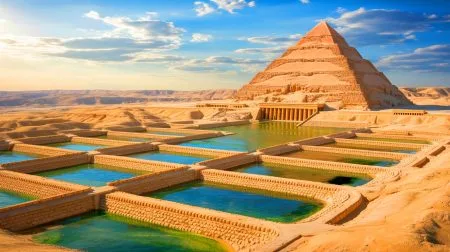



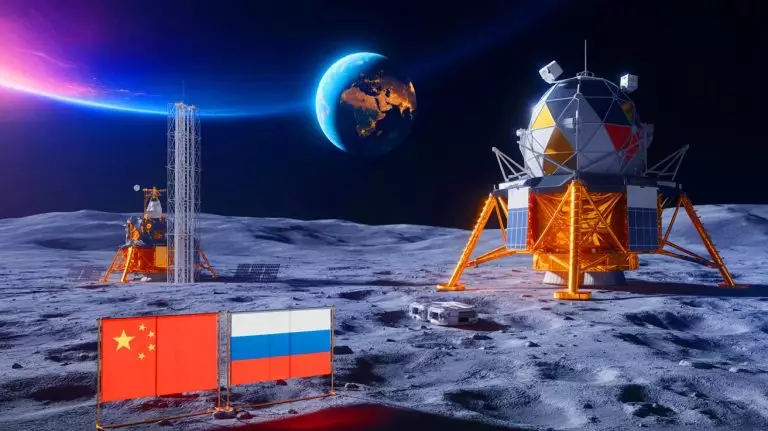
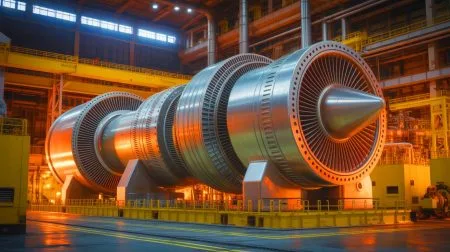
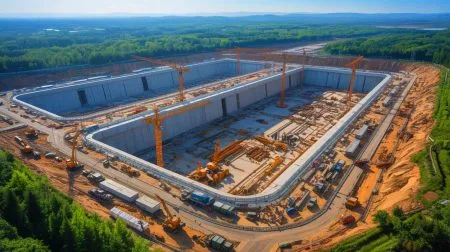
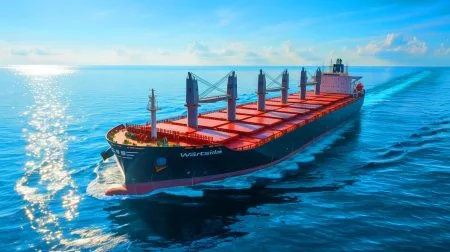
Isn’t helium-3 extraction more science fiction than reality? 🤔
China’s ambitions are impressive, but do they have the tech to back it up?
How soon could China actually start mining the moon?
Fascinating insights into how space could shape global politics!
How does this strategy affect China’s relationship with other Asian countries?
Are there international laws governing lunar resource extraction?
Seems like a space race 2.0! 🚀
Isn’t this just another form of colonialism, but in space?
Great article! But I wonder how realistic these plans actually are.
China’s focus on helium-3 is intriguing. Could it be a game-changer in energy?
China’s strategy seems ambitious, but can they really deliver on these lunar goals?
The partnership with Russia is a curveball I didn’t see coming.
Will other countries join this lunar race, or is it just US vs China?
Why is helium-3 so important, and how does it differ from other energy sources?
How will the US and its allies respond to China’s lunar ambitions?
The geopolitical implications of this are huge! 🌍
Does China have any competitors in the race for lunar resources?
Are there any ethical concerns about exploiting lunar resources?
Wow, a lunar nuclear power plant? That’s next-level stuff! 🔋
What role do private companies play in the lunar resource race?
How does this affect China’s image on the global stage?
Isn’t helium-3 extraction incredibly expensive and challenging?
I appreciate the detailed breakdown of China’s lunar strategy.
China’s ambitions are sky-high, quite literally! 🚀
How reliable is the information about China’s lunar plans?
Is this lunar strategy a direct challenge to Western dominance?
Thank you for shedding light on China’s lunar ambitions. Very informative!
What are the potential environmental impacts of mining the moon?
The article makes me wonder about the future of space treaties.
How could lunar resource extraction impact the global economy?
Will this lead to a new era of space exploration and competition?
Are there any other countries planning a similar lunar strategy?
How does Russia benefit from this collaboration with China?
Are there any environmental concerns with mining the moon?
Interesting read, but I doubt the US will just sit back and watch. 🚀
What are the potential risks of a lunar nuclear power plant?
This article feels like a warning. Should we be worried? 😟
Who knew space politics could be so intense!
Can helium-3 really power the future, or is it just a buzzword?